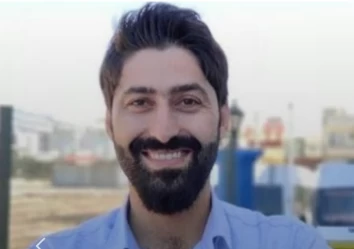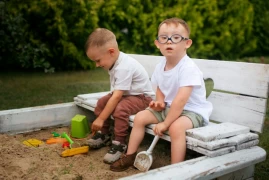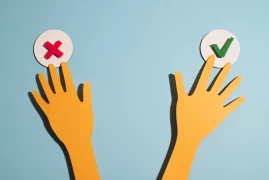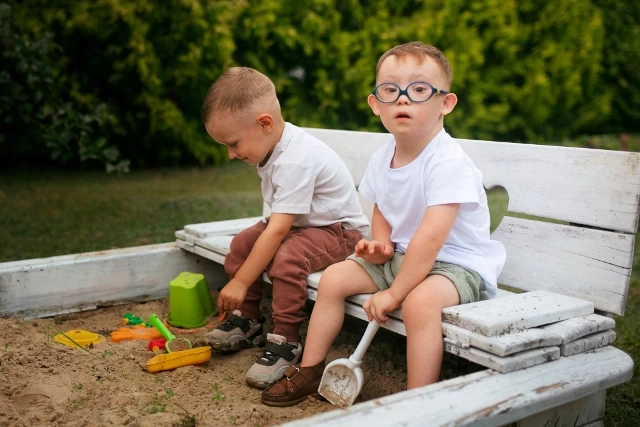
Siblings of Children with Special Needs
- Siblings of Children with Special Needs
- What Does a Person with Special Needs Mean?
- Siblings of Children with Special Needs
- How Can Children React in Such Situations?
- What Can Be Done to Address These Issues?
What Does a Person with Special Needs Mean?
A "person with special needs" is a term used to refer to an individual with certain physical, intellectual, or emotional impairments. These impairments can affect the individual's daily life activities and may require support or special services. The term is particularly used in efforts to meet the needs of these individuals in areas such as education, employment, and social participation. Additionally, individuals with disabilities or special needs have various legal and societal rights.
Siblings of Children with Special Needs
I would like to address some important points regarding the experiences of typically developing siblings in families with children with special needs.
Sibling conflicts, commonly referred to as sibling rivalry in society, are present in almost every family. Jealousy is an intense emotional state experienced between the ages of 3 and 8. Conscious parents pay attention to this issue, but unfortunately, in what we refer to as unaware families, this situation may not be positive for the children.
Parents who have multiple children may struggle to maintain a balance of material and emotional support among them. Achieving this balance in families with a child with special needs can be particularly challenging for parents. This is because parents naturally tend to focus on and dedicate their attention to the child with special needs, inadvertently neglecting the other siblings. While this may not affect the children significantly in some cases, it does have an impact on their psychological well-being.
Negative behaviors displayed by parents within the family can result in behavioral and emotional disorders in typically developing children. If left unaddressed, these effects can have serious consequences for the typically developing child.
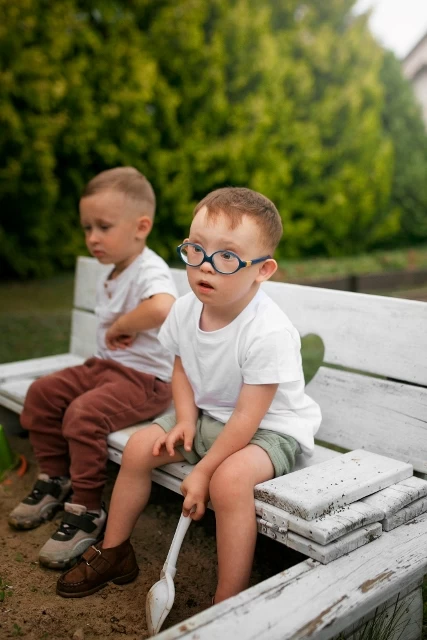
How Can Children React in Such Situations?
- Children may experience various emotional and behavioral disturbances.
- Typically developing children may feel undervalued within the family.
- They may harbor feelings of jealousy and resentment towards their sibling with special needs.
- To gain attention, they may imitate or emulate the behaviors of their sibling with special needs.
- They may start displaying aggressive behaviors.
- They may exhibit violence towards their sibling with special needs.
- Your child may develop self-esteem issues and exhibit habits such as bedwetting or thumb-sucking as signs of seeking attention. It is particularly crucial to pay attention to this issue.
- There may be a regression in acquired behaviors, such as a desire for bottle feeding and a decline in speech development.
- Your child may start feeling abandoned, insecure, and unsupported.
- Conflict between emotions such as love, hate, sadness, and revenge may arise.
What Can Be Done to Address These Issues?
- Parents need to recognize that this is a universal and natural emotion.
- Responsibilities for the care of the sibling with special needs can be shared within the household.
- Detailed information about the special needs should be provided, and family members should be educated on this topic.
- Constant communication should be maintained regarding the reasons and importance of the attention given.
- Engage in activities where everyone can participate to foster a sense of unity among family members.
- Instead of blaming or judging the child for their feelings, it is important to make them feel understood.
- If parents feel inadequate in addressing these issues, seeking professional help is recommended.
Being an involved parent goes beyond meeting the physiological needs of our children; it means being able to protect their psychological and emotional well-being and promoting communication and integration among family members."
